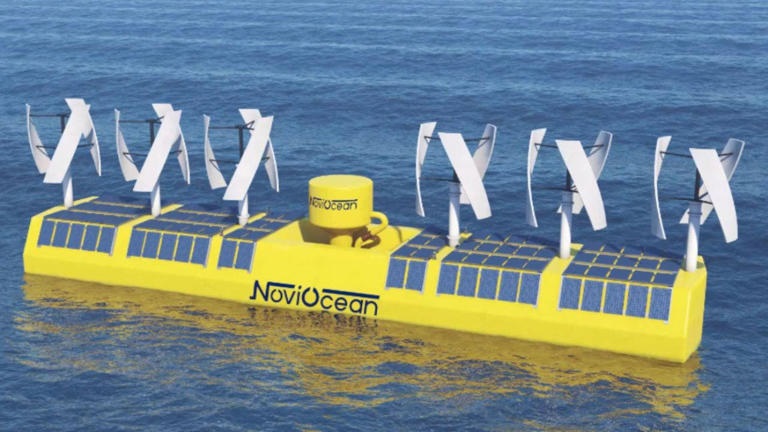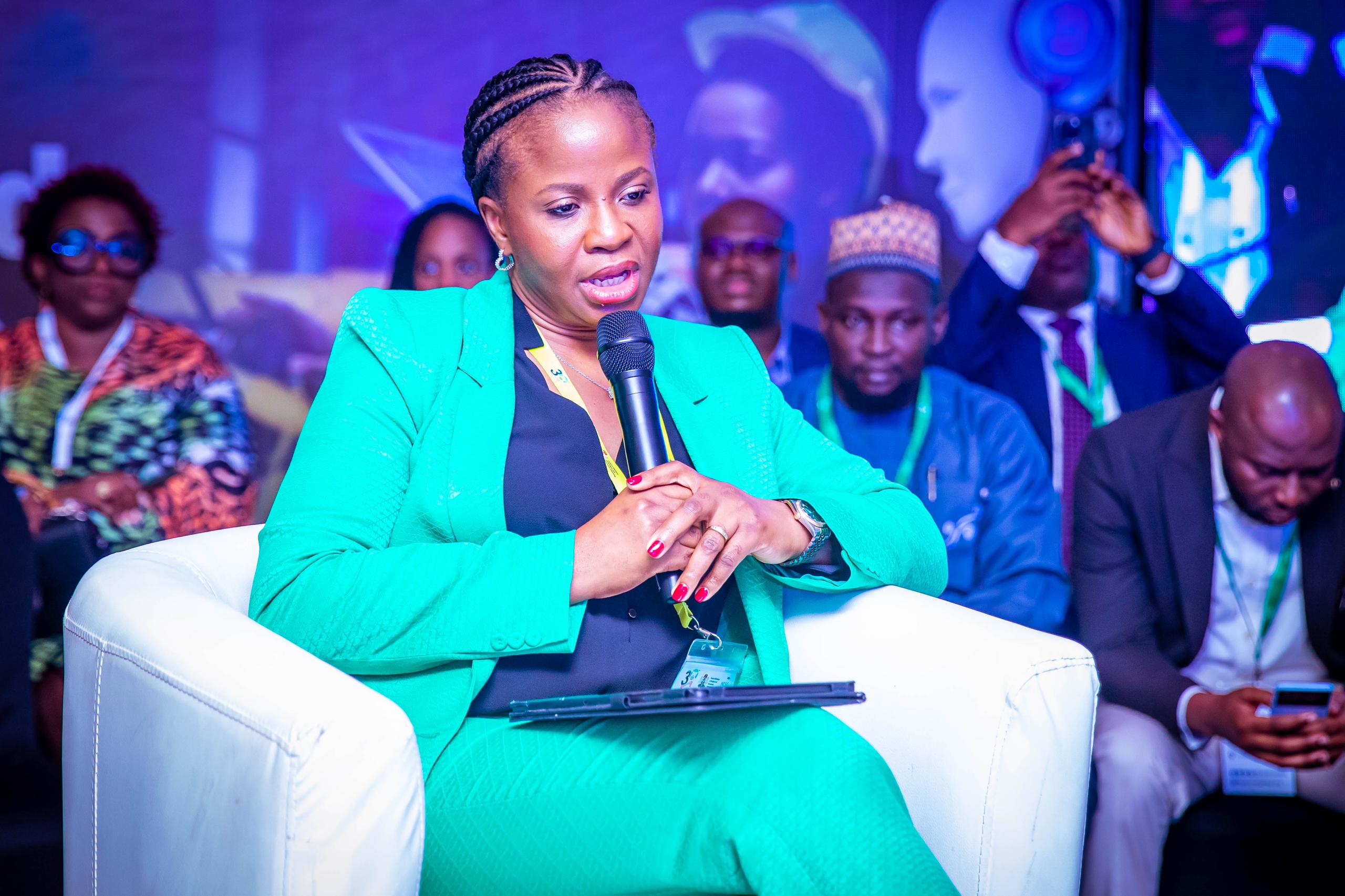
By Agency Report
Reports have discovered that over 192 trillion standard cubic feet of gas reserves yet to be tapped, while power plants in the Nigeria lacks adequate gas to run turbines, giving rise to N40.548 billion revenue losses by the sector in one month.
The report, according to the Power Sector News, disclosed that the electricity loss was due to insufficient gas supply, distribution infrastructure, transmission infrastructure and water reserves. Investigation showed that in January 2018, the highest electricity revenue loss was N1.695 billion occurring on the 1st day of January while the least revenue loss was N906 million on the 11th day of January.
On average, N1.308 billion in electricity revenue was lost on a daily basis.”
It was also gathered that the largest power generation for the month was 4,148MWh/hour, generated on the 12th day of January 2018, whereas the lowest power generated was 2,596MWh/hour on the 3rd day of January 2018 while the average daily generation was 3,705Mwh/hour at the national level. Causes of losses Data obtained from the Nigerian Electricity Supply Industry Statistics, NESIS’s website, revealed that the loss was as a result of the shutting down of some gas turbines which led to insufficient gas supply, limitations in distribution and transmission infrastructure and water management constraints in some of the hydro plants. Delta Gas Turbine (GT) 18 tripped on high inlet differential pressure and it was eventually shut down. Para Energy GTs 2 to 9 was shut down due to a planned outage on Ikorodu/Shagamu 132KV Line, putting the total load loss at 68.6mw.
Also, Omoku GTs 1 to 3 and 6 tipped on reverse power due to tripping of Alaoji/Afam132kv line, with a total load loss of 53.6mw. Further statistics from the Advisory Power Team indicated that on January 28, 2018, 2277MW was not generated due to unavailability of gas, 150MW was not generated due to unavailability of transmission infrastructure, while 287MW was not generated due to high frequency resulting from unavailability of distribution infrastructure, 290MW was not generated due to unavailability of water.
As result, the power sector lost an estimated N1,44,000,000 due to insufficient gas supply, distribution infrastructure, transmission infrastructure and water reserves same day. DISCOs’ remittance still below 30% Finding further reveals that the Distribution Companies, DISCOs’ remittances to the Nigeria Bulk Electricity Trading Plc, NBET is still below 30 per cent. This has over time, affected liquidity in the sector. According to the Executive Secretary, Association of Power Generation Companies, Dr. Joy Ogaji, “Just to clarify, GENCOs have no contractual agreement with the DisCos on debt recovery but they have an agreement with the Nigerian Bulk Electricity Trading Plc (NBET) who act as the link between the GENCOs and the DisCos through Power Purchase Agreement (PPA) and vesting contracts. “Therefore, the decision lies with NBET to put in place measures to ensure that the DISCOs improve their monthly revenue remittances which as at today, is below 30 per cent. “Since takeover distribution companies have failed to improve on their networks leading to high load rejection, DISCOs have also failed to meter customers and only insist on tariff hike. Tariff increase should come with a corresponding improvement on distribution infrastructure nationwide. “The GENCOs have repeatedly stated that the transparency and visibility of market funds collected by the DISCOs remain the best way to reduce the liquidity squeeze in the sector but the DISCOs have kicked against this. “There is a need for adequate investment in the distribution infrastructure to increase efficiency.
They should further ensure that Service Level Agreements are implemented for distribution companies’ performance based on their business plans.” In a related development, the Eligible Customer Declaration by the Minister of Power which enables GENCOs to sell power directly to some selected class of consumers, when implemented will also help reduce the debt burden of GENCOs.” State of power plants The Minister of Power, Works and Housing, Mr. Babatunde Fashola, has put the total percentage contribution of the three hydropower GENCOs in Nigeria – Kainji, Jebba, and Shiroro, to the country’s daily power generation at 26 per cent, up from 15 per cent that he said was the situation in 2015. The minister stated that the contributions of hydropower to Nigeria’s energy mix has reduced that of gas power generation to 74 per cent from 85 per cent he said was the case in 2015. However, Mainstream Energy Solutions Limited, the concessionaire of Jebba and Kainji Hydro Power Plants, invested N288.414 million in its Corporate Social Responsibility, CSR, projects in host communities. According to the company’s Chairman, Col. Sani Bello (Retd), the investments were made in four critical sectors, including education, health, water and power supply, through its Mainstream Energy Solutions Foundation. Col. Bello urged the host communities to ensure a peaceful environment for Mainstream to operate with an assurance that the company was committed to providing more development projects for them. “Considering the fact that the two power plants (Kainji and Jebba ) are two critical national assets, we want to see that there is a good relationship between the company and the communities.“ Further investigation also revealed that arrangement between the Federal Government and the Japanese Government in 2016 to sign all relevant agreements towards securing $800million credit to add 578.4mw of power generation capacity to Jebba Hydro Power Plant, is still pending as till date, there seems to be no manifestation of the project as the plant which was constructed in 1985 still operates at 45 per cent.








